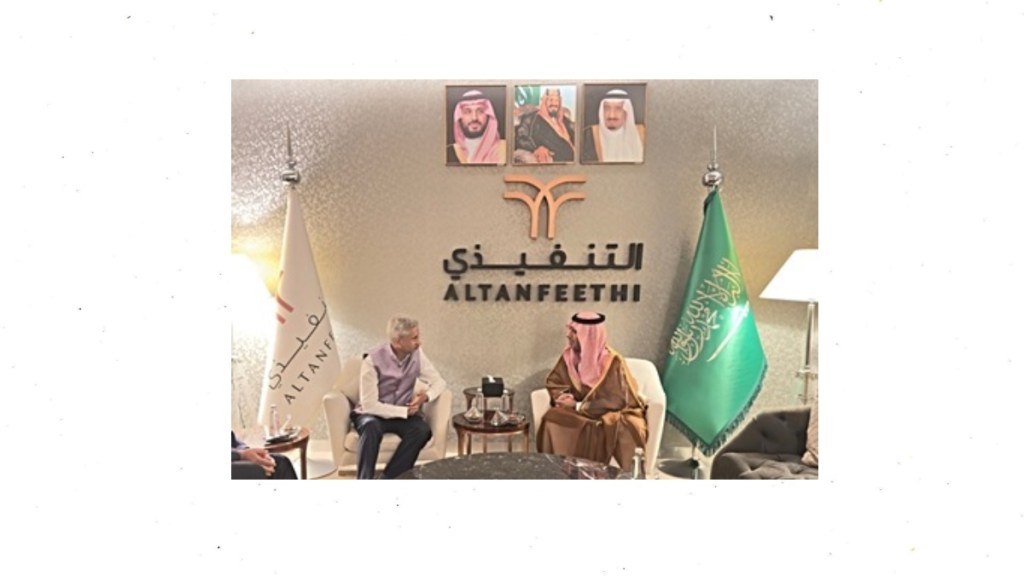India’s strategic military relationships with Gulf countries are witnessing a rapid transformation, driven by shared security concerns, regional stability, and mutual economic interests. Over the past decade, India’s defence cooperation with key Gulf nations like Oman, the United Arab Emirates (UAE), and Saudi Arabia has intensified, positioning New Delhi as a crucial partner in the Gulf region’s security architecture.
A significant milestone in this growing partnership was the recently concluded maiden India-Gulf Cooperation Council (GCC) Foreign Ministers’ Summit, where India reinforced its commitment to deepening military, diplomatic, and economic ties with the GCC nations. This convergence is now being mirrored in various defence collaborations, including joint military exercises, strategic dialogues, and staff-level talks that underscore the increasing synergy between India and Gulf countries.
Exercise Al Najah 2024: Strengthening India-Oman Military Partnership
The upcoming `Exercise AlNajah 2024’, scheduled from 13-27 September at the Rabkoot Training Area in Salalah, Oman, is a testament to the growing military cooperation between India and Oman. Initiated in 2014, `Exercise AlNajah’ has evolved into a critical platform for both countries to enhance their joint military capabilities in executing counter-terrorism operations under the UN Charter.
This fifth edition of the exercise will focus on military operations in a desert environment, reflecting the strategic importance of desert warfare skills in regional defence. A contingent of 70 personnel from the Indian Army’s 18 Mechanised Infantry Battalion will join their Omani counterparts, continuing the tradition of close defence collaboration.
The exercise will include professional interactions, mutual understanding of military procedures, the establishment of joint command and control structures, and training for eliminating terrorist threats. Counter-terrorism, regional security, and peacekeeping operations under the UN framework will be key areas of focus during the exercise. Such joint initiatives are crucial for bolstering bilateral defence ties, ensuring regional security, and enhancing the combat readiness of both nations’ armed forces.
Exercise Eastern Bridge VII: Enhancing Air Force Interoperability
Simultaneously, another key military exercise—`Exercise Eastern Bridge VII’—is scheduled to take place from 11-22 September 2024 at the Masirah Air Base in Oman. This bilateral exercise between the Royal Oman Air Force and the Indian Air Force (IAF) is aimed at enhancing interoperability and operational readiness between the two air forces.
An IAF contingent, including MiG-29s, Jaguars, and C-17s, will participate in a series of joint training missions focusing on complex aerial manoeuvres, air-to-air and air-to-ground operations, and logistical coordination. The seventh edition of this exercise highlights the growing strategic partnership between India and Oman, reflecting the evolving defence needs and strategic interests of both nations.
Through exercises like `Eastern Bridge’, India and Oman are not only improving their tactical and operational skills but also reinforcing their commitment to regional security and stability. Such military collaborations demonstrate India’s increasing role as a security provider in the Gulf region and its desire to contribute actively to peace and stability in the Middle East.
Strengthening Naval Ties: Indian Navy-Royal Navy of Oman Staff Talks
India’s military cooperation with Oman extends beyond the army and air force. Earlier this year, the sixth edition of Staff Talks between the Indian Navy (IN) and the Royal Navy of Oman (RNO) took place in New Delhi, further strengthening maritime ties between the two countries. These talks focused on addressing common maritime security challenges, improving interoperability at sea, and exploring operational collaboration in areas such as information sharing, Maritime Domain Awareness, and technical assistance.
Oman has long been a critical partner for India in the maritime domain, given its strategic location at the mouth of the Persian Gulf. The naval staff talks reflect the enduring maritime partnership between the two nations, which is crucial for ensuring the safety of sea lanes, addressing piracy, and combating other security challenges in the region.


